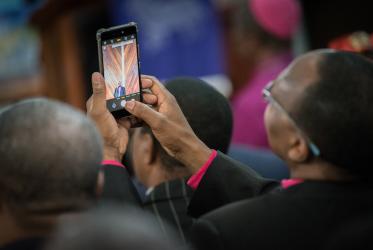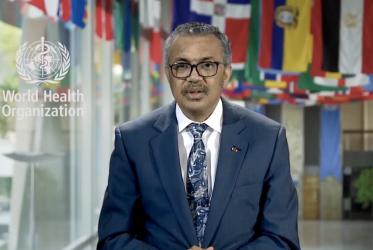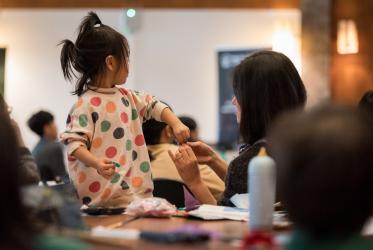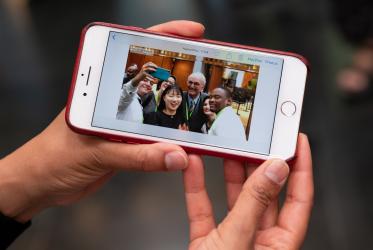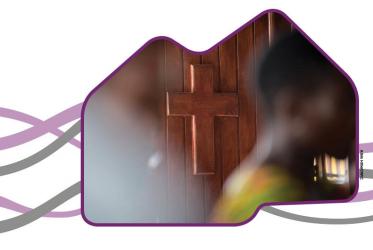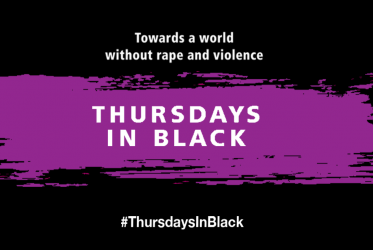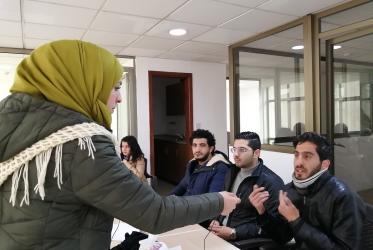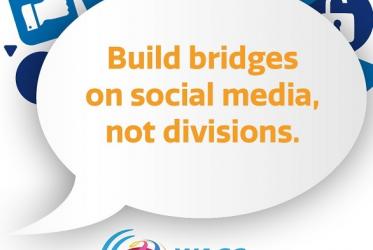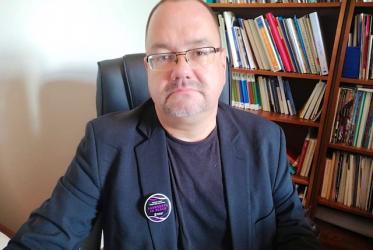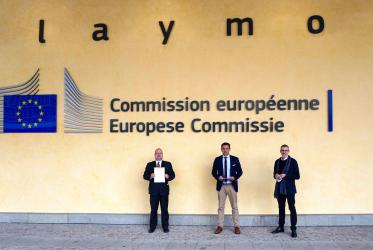Displaying 41 - 60 of 251
WCC honoured with Geneva Engage Award
18 February 2021
16 Days: global voices ring strongly against gender-based violence
11 December 2020
WCC executive committee maps future with hope in uncertain times
19 November 2020
In a COVID-stricken world, “everyone is important”
23 October 2020
Are migrants seen and heard? Conference presses the question
19 October 2020
Webinar to focus on how to deal with hate speech online
08 October 2020
Ecumenical statement on migration received by European Commission
25 September 2020
